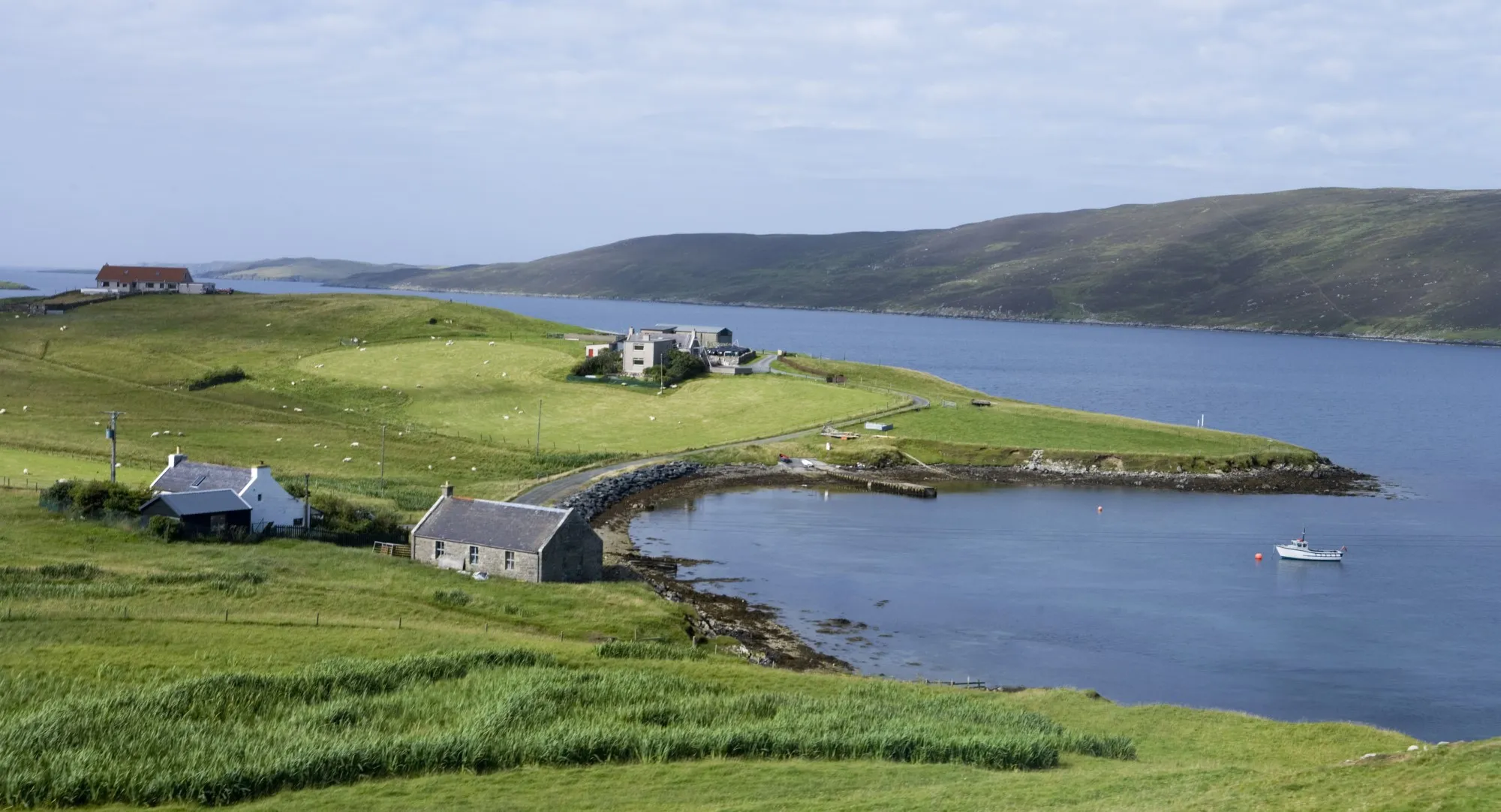
One in 40 people with heritage from the island of Whalsay in Shetland have the same variation in the BRCA2 gene – one of the commonest genes linked to breast and ovarian cancer in women, and breast and prostate cancer in men.
This genetic change can be passed down from parent to child, affecting multiple members of the same family. The findings suggest that the variant first arrived in an individual who helped found the population on Whalsay more than 300 years ago.
Gene changes
University of Edinburgh scientists explored how common the variant is by studying genetic information from more than 2000 volunteers with three or more Shetlandic grandparents, in their Viking Genes study.
They worked with a team of geneticists from the NHS North of Scotland Genetics Service, who repeatedly found the same single change present in the BRCA2 gene among families from Shetland with breast, ovarian and/or prostate cancer.
They discovered the BRCA2 variant in nine volunteers, or 0.4 per cent of those tested, equivalent to one in 230 people. This is 130 times higher than the general UK population, in which 1 in 30,000 people have the same BRCA2 variant.
High prevalence
The findings follow earlier research from the Viking Genes study that found a cancer-causing variant in the related BRCA1 gene, common among people from Orkney.
Genetic testing for the two variants would identify more than 90 per cent of people with BRCA changes in the Northern Isles of Scotland. Cancer screening costs for the region would therefore be much lower than the general UK population, which must search for hundreds of variants, the research team says.
Early detection of BRCA variants can offer the opportunity to reduce future risk of cancer through lifestyle advice, regular breast screening and risk-reducing surgery, experts say.
Image credit: Holger Leue via Getty Images

